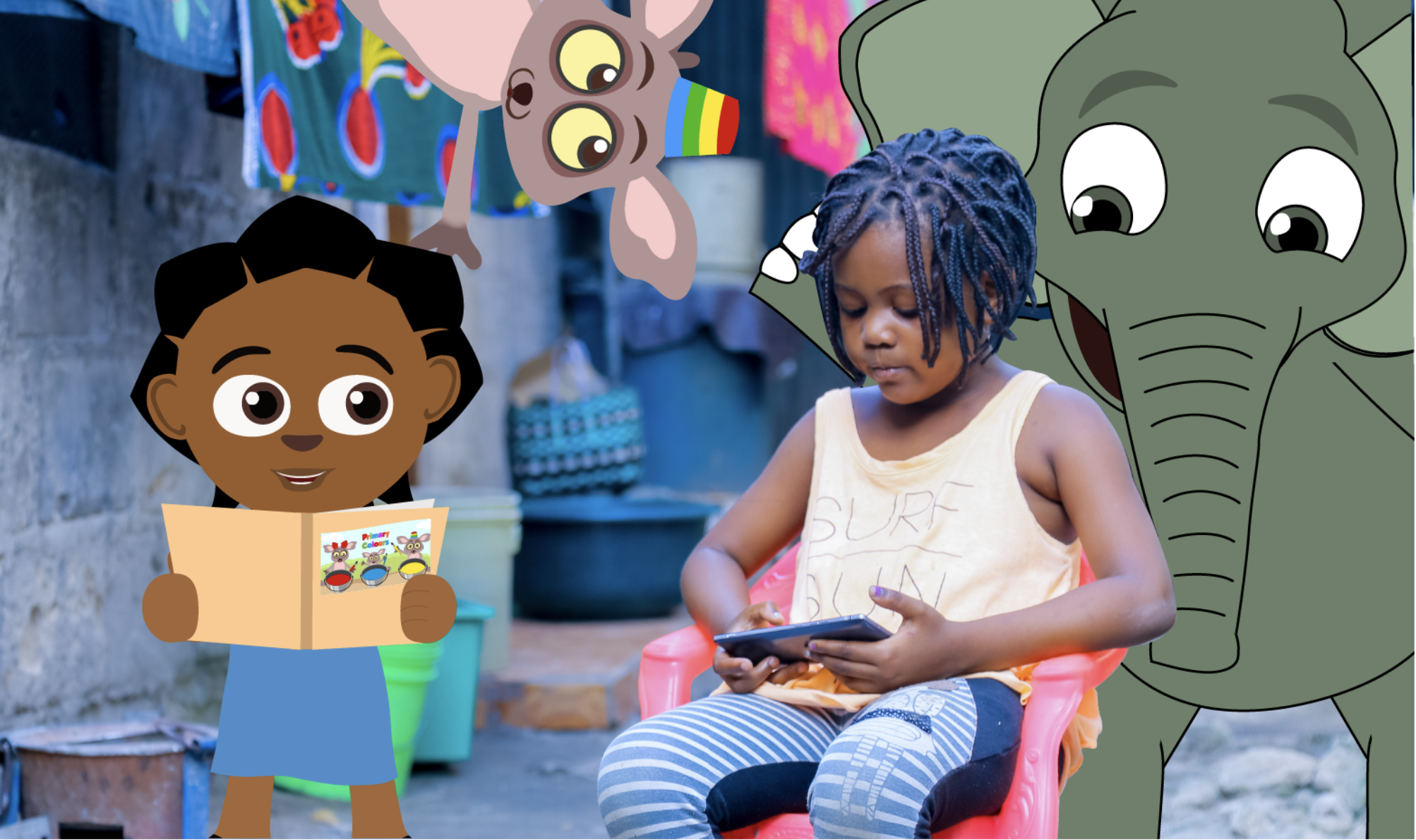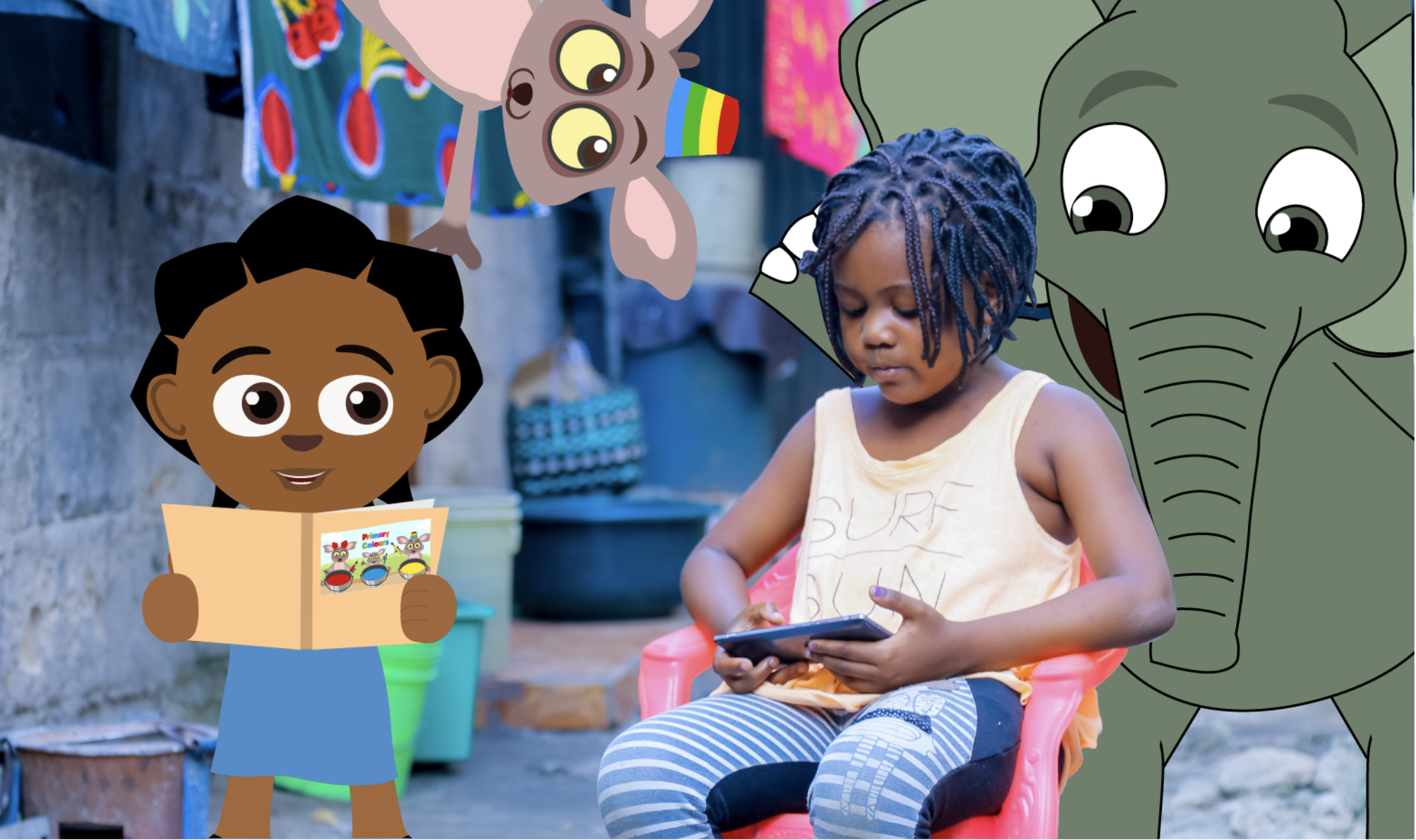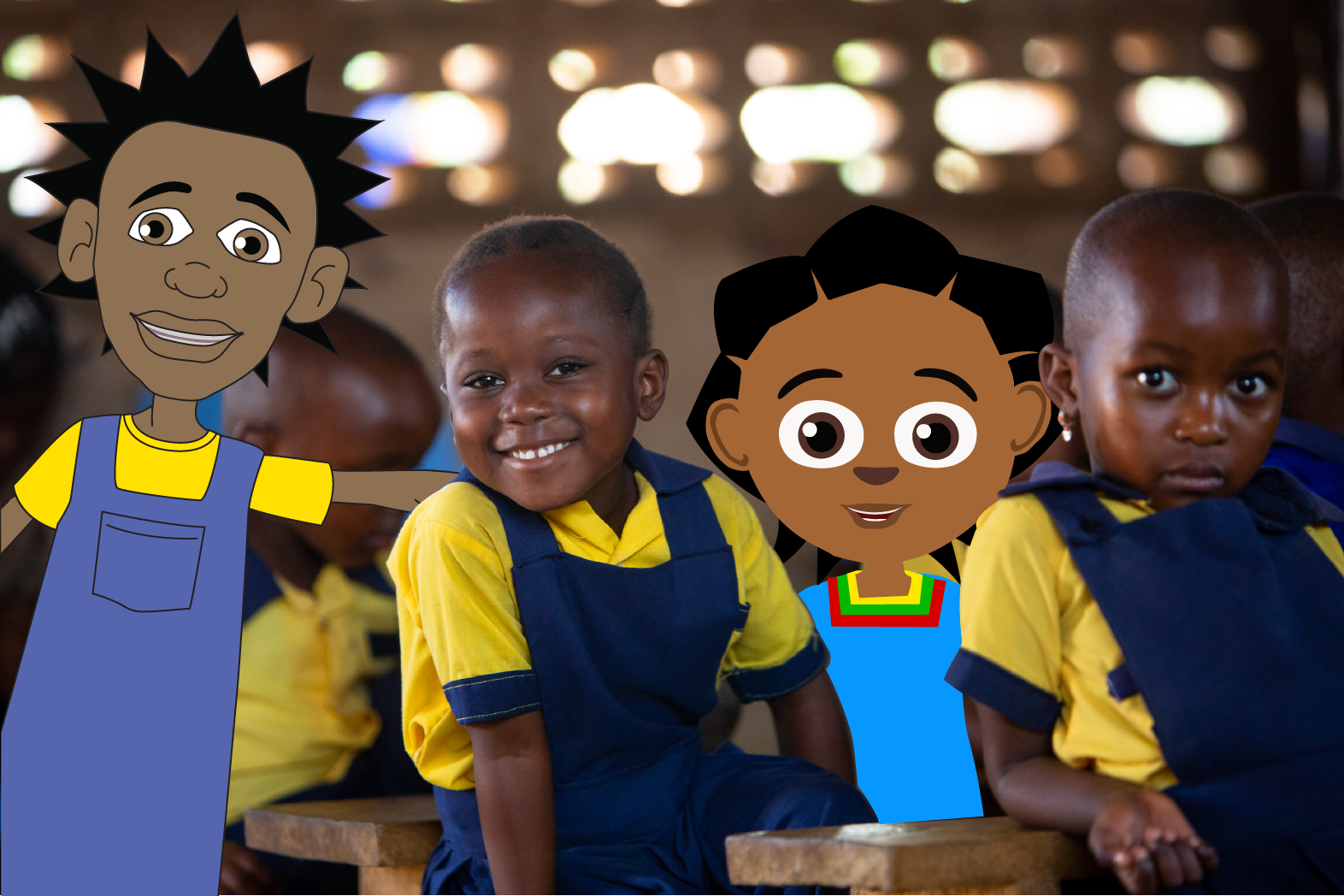Ubongo embraces open licensing to make its learning materials even more accessible to African children

Ubongo co-founder, Nisha Ligon, describes this non-profit social enterprise as the world’s biggest classroom, and with a reach to 17 million learners across sub-Saharan Africa, she’s not wrong. Although Ubongo content is aimed at African children, it is equally relevant to anyone interested in high-quality, multicultural, and entertaining educational resources for children.

Caption: Animated character, Akili from Akili and Me was deliberately developed to look and sound like the children in her audience.
Founded and based in Tanzania in 2013, this ‘classroom’ is a multi-platform, multimedia edutainment powerhouse, which undoubtedly boosted its reach even further in 2020 by reclassifying its learning materials from copyright protected to Creative Commons licensing.
Neil Butcher & Associates has published a paper on this initiative, exploring what this switch means for Ubongo, as well as its implications for open educational resources (OER). You can access the brief here.
Ligon and her cofounders – with expertise in children’s education, art, design, and animation – launched Ubongo to address what they felt was an early learning shortfall in the region, specifically for children in the three to six-year-old age group, and in the seven to 14-year-old age group.
Their mission, via a number of iterative steps, has been to create supplementary edutainment content that is accessible to all children through the platforms they have access to, be it low-tech platforms like public radio and TV and interactive voice response (IVR), or more high tech, Internet-based platforms like the website and app, Whatsapp and the YouTube channel which can be accessed via smartphone, tablets or computers.
The content has also been designed to be accessible in other ways, with characters deliberately developed to look and sound like the audience they serve.

Caption: Ubongo content is relevant to anyone interested in high-quality, multicultural, and entertaining educational resources.
In their seven plus years of operation, they’ve achieved what they set out to do in Tanzania and beyond its borders, offering their two multimedia products: Akili and Me for younger learners, and Ubongo Kids for the older age group, in 18 countries – and this number is growing.
‘What brings people to Ubongo and pushes us to do our work each day is still the same: we’re doing it for the kids.’ – Nisha Ligon, Ubongo Annual Report, 2019
This simple statement, exemplifies Ubongo’s driving force, and the intention behind their move towards publishing their content under an open licensing model: The fewer restrictions there are to accessing their content, the more children they are able to impact.
In March of 2020, Ubongo launched its Toolkits Platform, an Internet-based, self-service portal that houses its openly licensed educational content. These resources, covering a wide array of subjects, have been made available to registered users under a CC BY-NC-ND licence, which in simple terms means that a user can download, print, and share them for non-commercial use, but cannot adapt them, and must attribute Ubongo when they do make use of them.
Currently, a third of the content available is in English, followed by Kiswahili, Hausa, Kinyarwanda, and French, with more languages (and content) to be added going forward.
Considering that most countries that consume this content went into lockdowns related to the COVID-19 pandemic from March onwards, Ubongo’s timing was perfect. With many children unable to attend school, and without access to Internet-based learning platforms, this valuable learning resource, and its availability, has become even more relevant.




